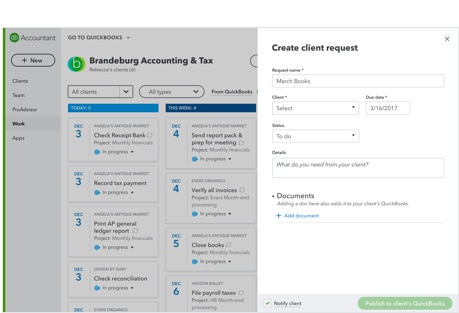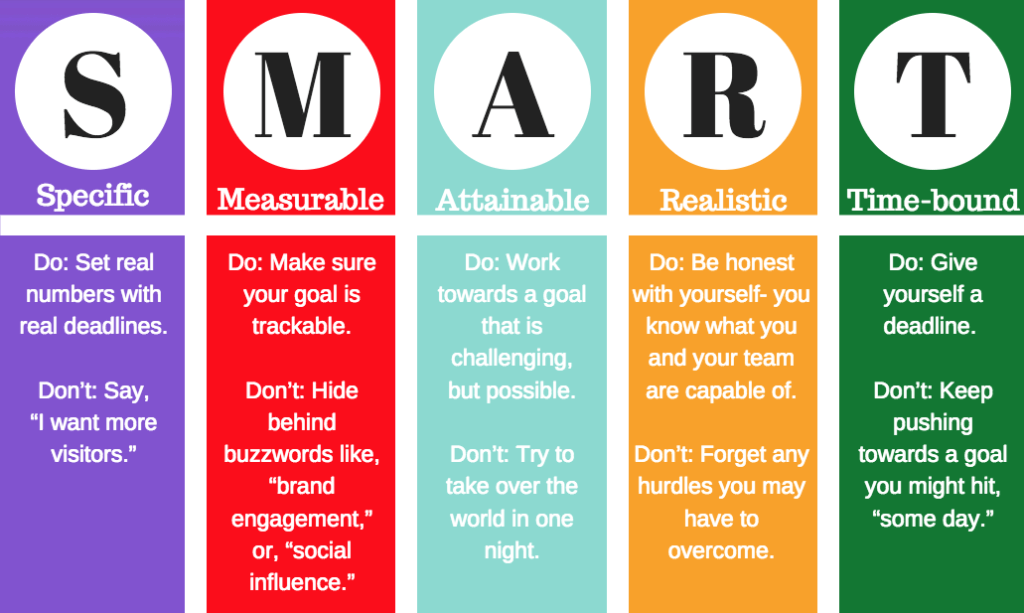
If you have been asked why you left a job, it can be difficult to know what to say and avoid lying. These tips will help you avoid scaring recruiters away by answering this question. The best way to avoid scaring recruiters off is to fram your response.
Answering the question "Why did you leave your job?"
When your interviewer questions you about why you quit your previous job, it is important to be honest. Be honest, but avoid lying or mentioning the negative aspects of your last job. It's not enough to simply say you quit because of poor working conditions or low salaries. They want to find out why you quit voluntarily, or why you were laid off.
It is important to convince the interviewer that your reasons are valid. You should not say that you quit your previous job to be a beekeeper. This is not a valid reason, particularly if you are applying to a job that is compatible with your skills and experiences. It is important to be able convince the interviewer of your genuine reasons and your qualifications match the requirements of this job.

Avoid lying in interviews
It is obvious that lying during an interview can have negative consequences on future job offers or hiring history. No matter if it's intentional or not, an interviewer will be able to tell if you are lying. You can also hurt your reputation in your industry. You may find it hard to get new jobs or make connections with people if you have a poor reputation. It is better to avoid lying during an interview to increase your chances at landing a job.
You can avoid lying in interviews by being honest about your weaknesses. Most people will not admit they were bad at a specific skill, and it would appear they were lying. You can, however, share that you don't enjoy working with people and prefer to ride solo. While it can be acceptable to use a small white lie, it isn't a good idea if you lie about your lackluster teamwork skills.
After leaving a job, prepare for a job interview
It is normal to feel anxious and overwhelmed after you leave your previous job. However, there are things that you can do. It is important to maintain a positive attitude. Your last job should be highlighted and your reasons for wanting to move on to a better position. Avoid being emotionally attached to your previous job. This is especially important if you will be asked questions about why you quit.
Remember that the interviewer will be trying to assess your ability adapt to new situations and team play skills. So avoid being contradictory. Employers are often attracted to inconsistencies. Avoid using harsh or negative language. For example, you can mention how much you have grown in your last job, but now you're seeking more responsibility. Consider taking a course in interview preparation to learn how to answer tough questions such as "Why did you leave?"

To avoid scaring away recruiters, you need to frame your answer.
When you are asked why you quit your job, be prepared. While being honest is important, it's not a good idea to lie. List at least three reasons that you have quit your job.
The interviewer won't want you to tell them that you have quit your job due to it being a bad fit. Instead, they will be looking for positive experiences and soft skill. The recruiter will likely be put off if you sound negative or don't feel passionate about the job. Your answer is likely to make a first impression on potential employers.